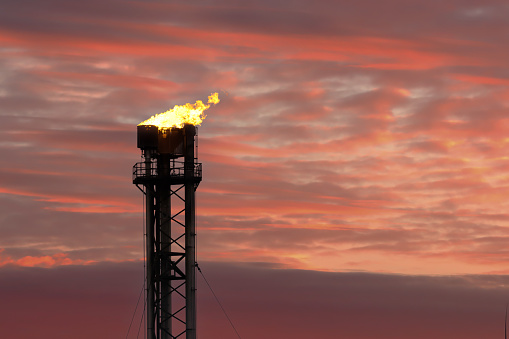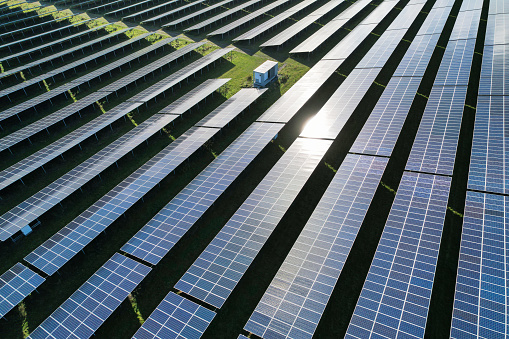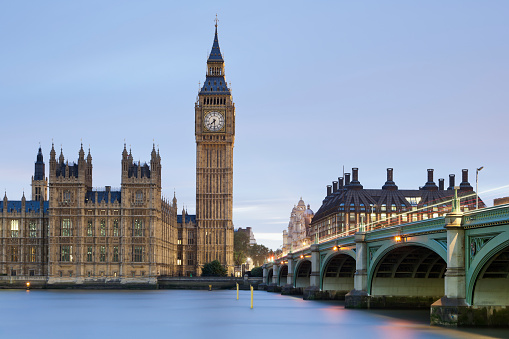The IPCC has released its Synthesis Report, but what does that mean? Basically, it’s a summary of all the research conducted as part of the Sixth Assessment by the Intergovernmental Panel on Climate Change.
And what does that mean?
The IPCC’s panel of hundreds of scientists work in multi-year cycles researching the climate, how it is changing, how those changes will affect society and what can be done to prevent or mitigate against these changes.
This summary collates the reports conducted in the sixth cycle of assessment, distilling all the information into one 37-page document. The aim is to offer a clear, understandable and digestible overview for policymakers and businesses.
The main action in limiting climate change is a rapid and significant reduction in greenhouse gas emissions across all sectors of the economy, eventually getting to net zero – but given the changes that have already taken place, there are many other issues to tackle simultaneously.
1. Widespread and rapid changes in the atmosphere, ocean, cryosphere and biosphere have already occurred
As reported in a 2021 IPCC report, it is now ‘unequivocal’ that human activity has warmed the planet. This has led to an increase in extreme weather events including droughts, floods and wildfires, and sea level rise.
These not only risk lives, but have also reduced food security and affected water security.
2. Global greenhouse emissions projected by nationally determined contributions (emissions pledges from individual countries) make it likely that warming will exceed 1.5C this century
Basically, we’re not doing enough to limit emissions. Projected reductions in greenhouse gases across all sectors and all regions are not only insufficient to ‘keep 1.5C alive’, but will also make it harder to stop warming exceeding 2C.
3. Some future changes are unavoidable and/or irreversible but can be limited by deep, rapid and sustained global greenhouse gas emissions reductions
Based on the level of carbon dioxide in the atmosphere, and the volume that will be added in the near future based on existing fossil fuel projects, certain effects of global warming cannot be stopped. The panel predicts with high confidence that ‘sea level rise is unavoidable for centuries or millennia due to continuing deep ocean warming and ice sheet melt.’
However, these can be limited by rapid and sustained emissions reductions.
4. Limiting human-caused global warming requires net zero CO2 emissions
The volume of carbon dioxide already released into the atmosphere, or projected to be released based on fossil fuel extraction, means the only way to limit warming to 1.5C is to rapidly hit net zero. The longer this takes, the less likely we’ll hit the lower target, and further delays will put the higher target of 2C at risk.
Key to hitting net zero is the wider and more efficient implementation of renewable energy, and advances in carbon dioxide removal, such as carbon capture and storage.
5. Adaptation planning and implementation has progressed across all sectors and regions
It’s not all bad news, as the panel reports that growing public and political awareness of climate change has resulted in more countries adopting adaptation in their climate policies.
6. Deep, rapid and sustained mitigation and accelerated implementation of adaptation actions in this decade would reduce projected losses and damages for humans and ecosystems, and deliver many co-benefits, especially for air quality and health
This one’s a bit of a mouthful, but is more positive news. Actions put in place today to limit and mitigate the effects of climate change could not only save money in the future through preventing damage, but will also make us healthier – saving even more money. Better air quality, more active lives and healthier diets are among the benefits.
7. Effective climate action is enabled by political commitment, well-aligned multilevel governance, institutional frameworks, laws, policies and strategies and enhanced access to finance and technology
The big one. Individuals, while they can all play their part, cannot alone combat climate change. National and international government action is required to put in place the action necessary to lower emissions and protect people and the environment from climate change. As the Synthesis Report highlights, so far, they are not doing enough.
However, that doesn’t mean we have passed the point of no return – but it is a final warning.
MORE : I’ve lost loved ones to climate change and I want big oil companies to pay















